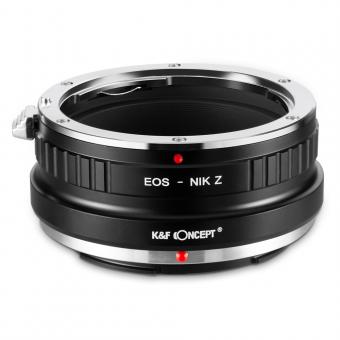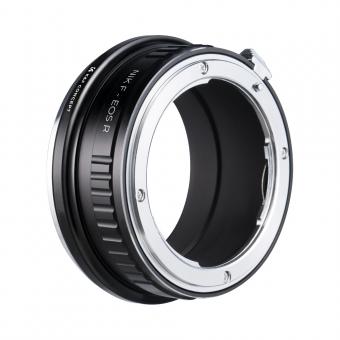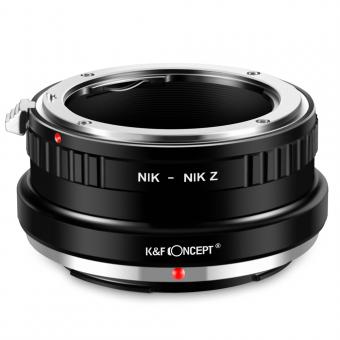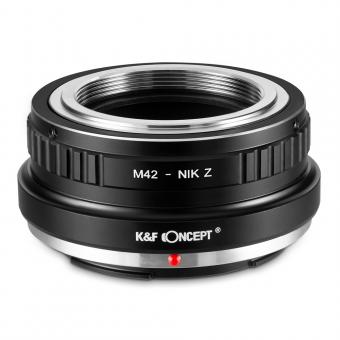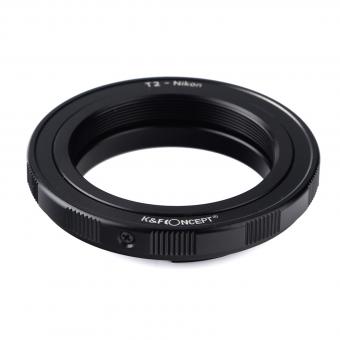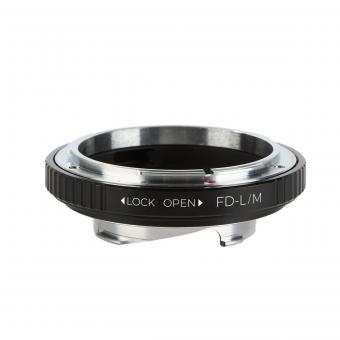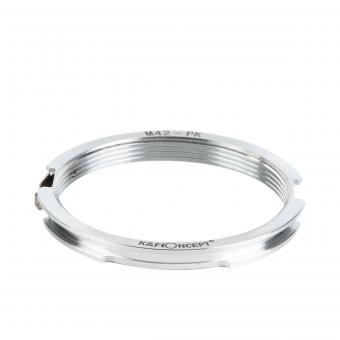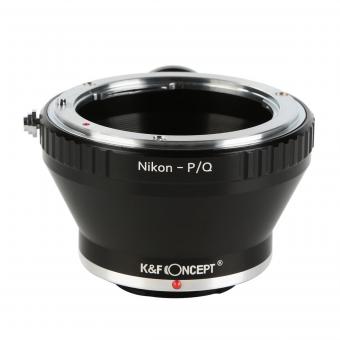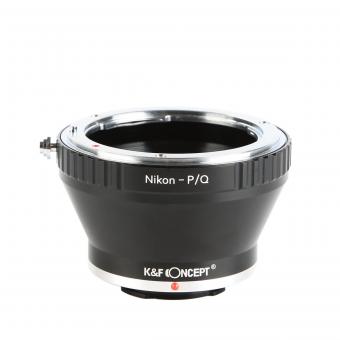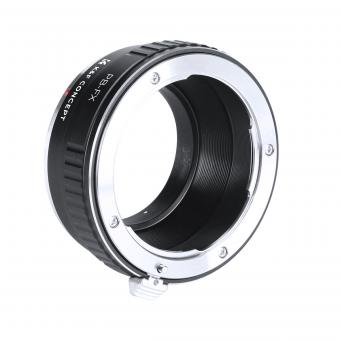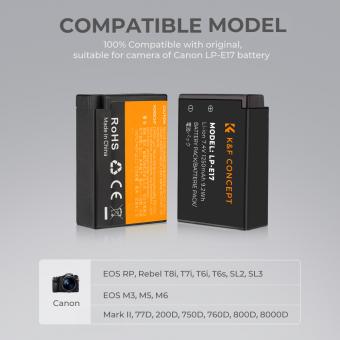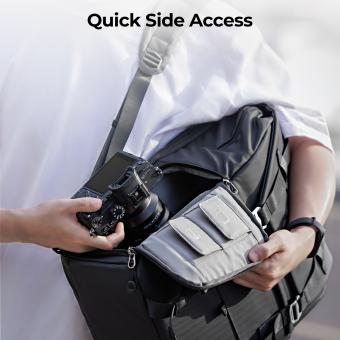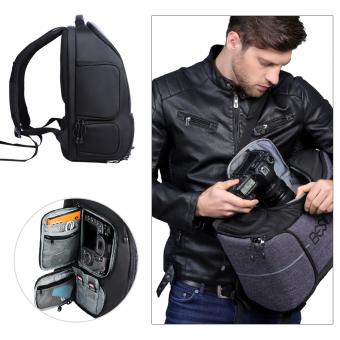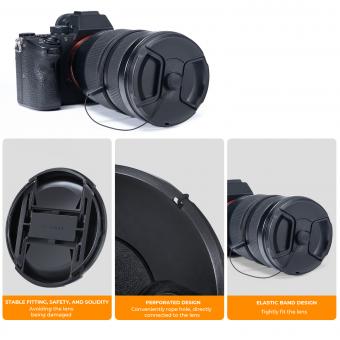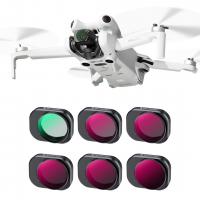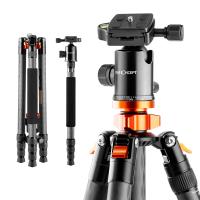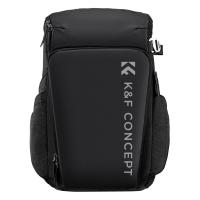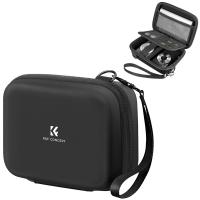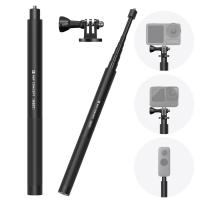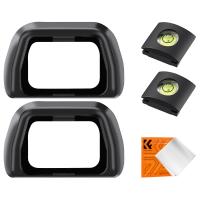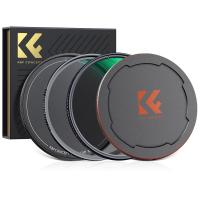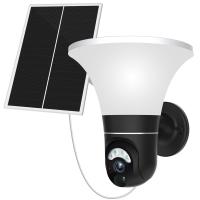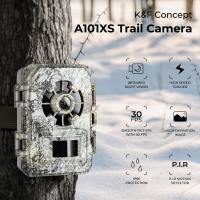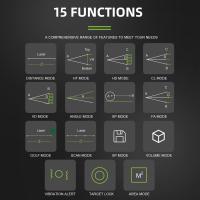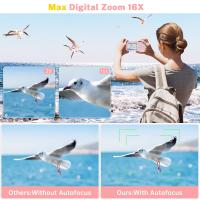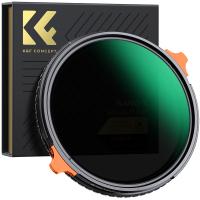What Camera To Get ?
Choosing a camera depends on your needs and budget. If you are a beginner, a point-and-shoot camera or a mirrorless camera with interchangeable lenses can be a good option. If you are a professional or an enthusiast, a DSLR camera with advanced features and high-quality lenses may be more suitable. Some popular camera brands include Canon, Nikon, Sony, and Fujifilm. It's important to do your research and read reviews before making a purchase to ensure that the camera meets your requirements.
1、 DSLR vs Mirrorless
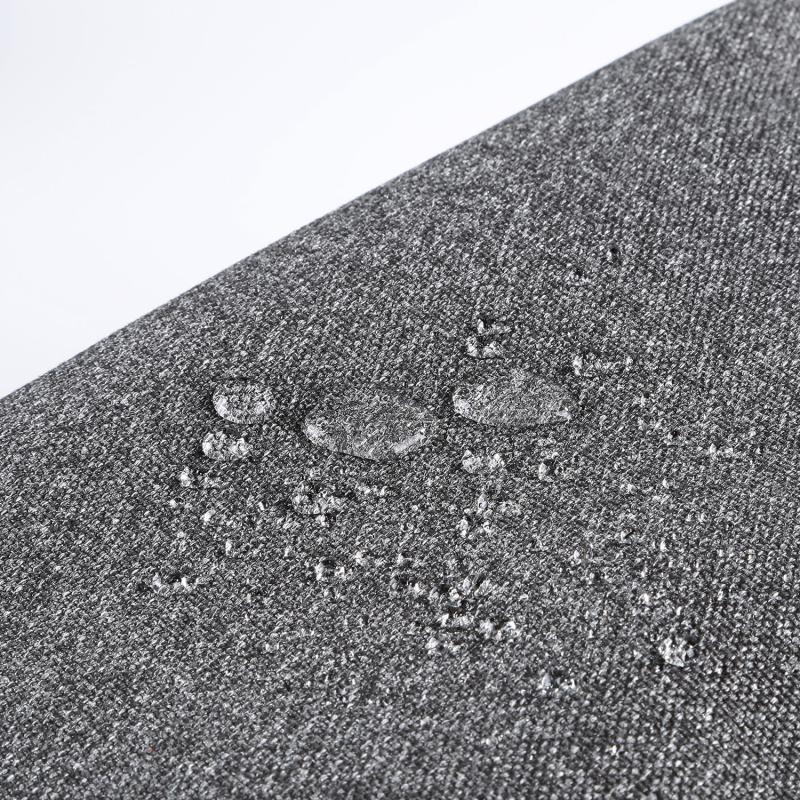
What camera to get? This is a common question among photography enthusiasts. The answer depends on your needs and preferences. However, the two most popular types of cameras are DSLR and mirrorless.
DSLR cameras have been around for a long time and are known for their excellent image quality, fast autofocus, and wide range of lenses. They are also great for shooting in low light conditions. However, they tend to be bulky and heavy, making them less portable than mirrorless cameras.
On the other hand, mirrorless cameras are relatively new to the market but have gained popularity in recent years. They are smaller and lighter than DSLRs, making them more portable. They also have faster continuous shooting speeds and better video capabilities. However, their autofocus systems are not as advanced as DSLRs, and their battery life is generally shorter.
The latest point of view is that mirrorless cameras are becoming more popular due to their portability and advanced features. Many professional photographers are switching to mirrorless cameras because they offer similar image quality to DSLRs but are more convenient to carry around. Additionally, mirrorless cameras are constantly improving, with new models being released with better autofocus systems and longer battery life.
In conclusion, whether you choose a DSLR or mirrorless camera depends on your needs and preferences. If you prioritize image quality and advanced autofocus, a DSLR may be the better choice. However, if you value portability and advanced features such as video capabilities, a mirrorless camera may be the way to go.
2、 Sensor size and resolution
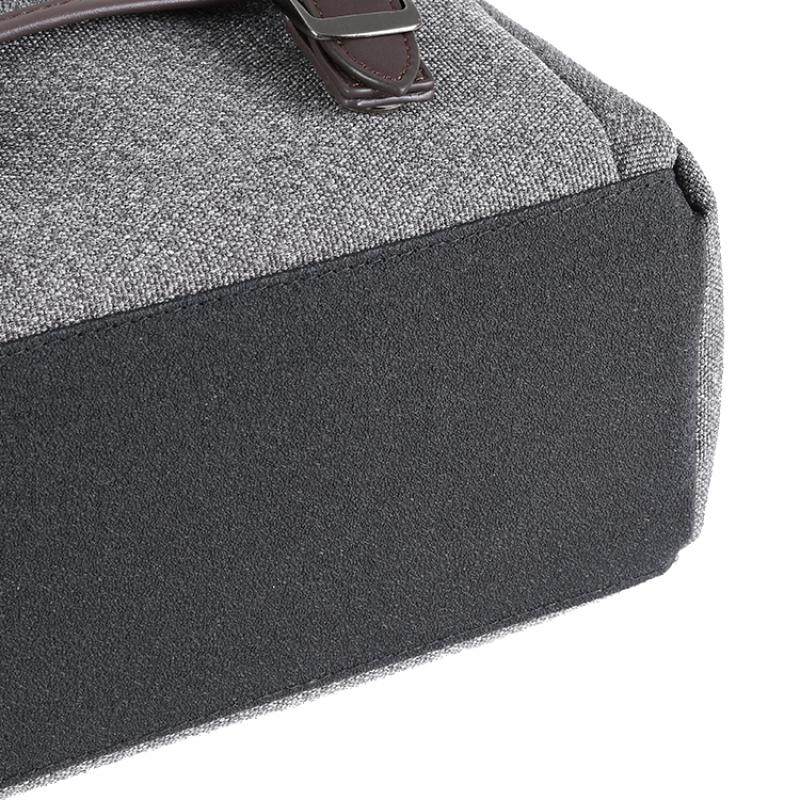
What camera to get ultimately depends on your needs and budget. However, one important factor to consider is the sensor size and resolution. The sensor size determines how much light the camera can capture, which affects image quality and low-light performance. Generally, larger sensors produce better image quality and less noise in low-light situations. Full-frame sensors are the largest and most expensive, followed by APS-C and Micro Four Thirds sensors.
Resolution refers to the number of pixels in the image and affects the level of detail and sharpness. Higher resolution cameras produce larger files and require more storage space, but they also allow for more flexibility in cropping and printing.
It's worth noting that sensor size and resolution are not the only factors that determine image quality. Other factors such as lens quality, image processing, and dynamic range also play a role.
In terms of the latest point of view, there has been a trend towards mirrorless cameras with smaller, lighter bodies and high-quality sensors. Many mirrorless cameras now offer full-frame sensors, making them a viable option for professional photographers. Additionally, some cameras now offer high-resolution modes that combine multiple images to create a single, ultra-high-resolution image.
3、 Lens compatibility and availability
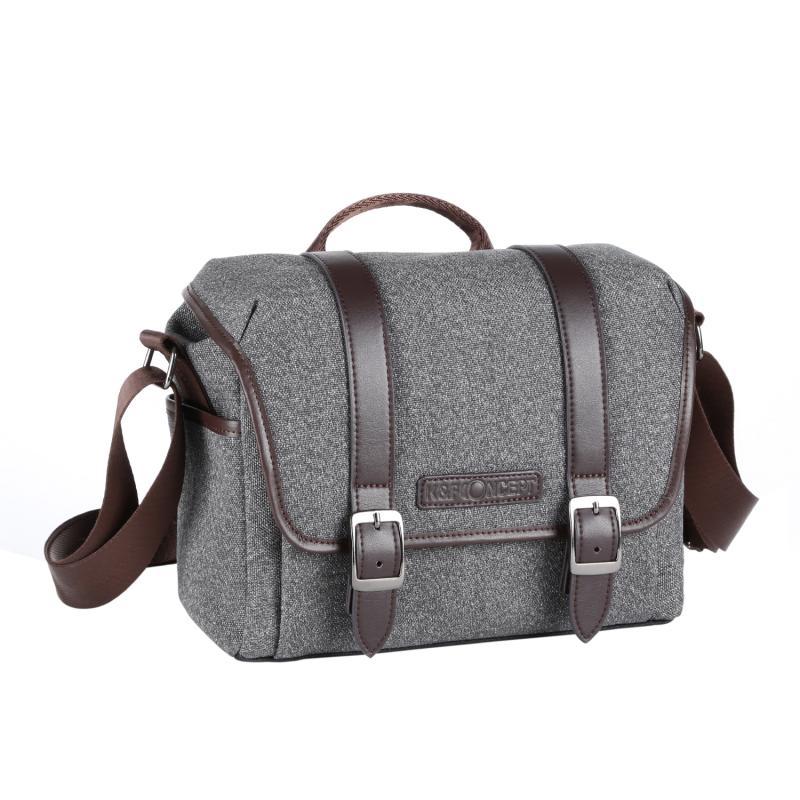
What camera to get is a question that depends on your needs and budget. However, one important factor to consider is lens compatibility and availability. If you already have a collection of lenses, it's important to choose a camera that is compatible with them. For example, if you have Canon lenses, it makes sense to choose a Canon camera.
Another consideration is the availability of lenses. Some camera brands have a wider range of lenses available than others. For example, Canon and Nikon have a vast selection of lenses, while Sony's selection is more limited. However, Sony has been rapidly expanding their lens lineup in recent years, so this may not be as much of a concern as it once was.
It's also worth considering third-party lenses, such as those made by Sigma and Tamron. These lenses can often be more affordable than the camera brand's own lenses, and they may offer unique features or better performance in certain areas.
In terms of the latest point of view, mirrorless cameras have become increasingly popular in recent years. These cameras offer smaller and lighter bodies, as well as advanced autofocus and image stabilization systems. However, mirrorless cameras may have a more limited selection of lenses compared to DSLRs, although this is changing as more manufacturers enter the mirrorless market.
4、 Autofocus system and speed
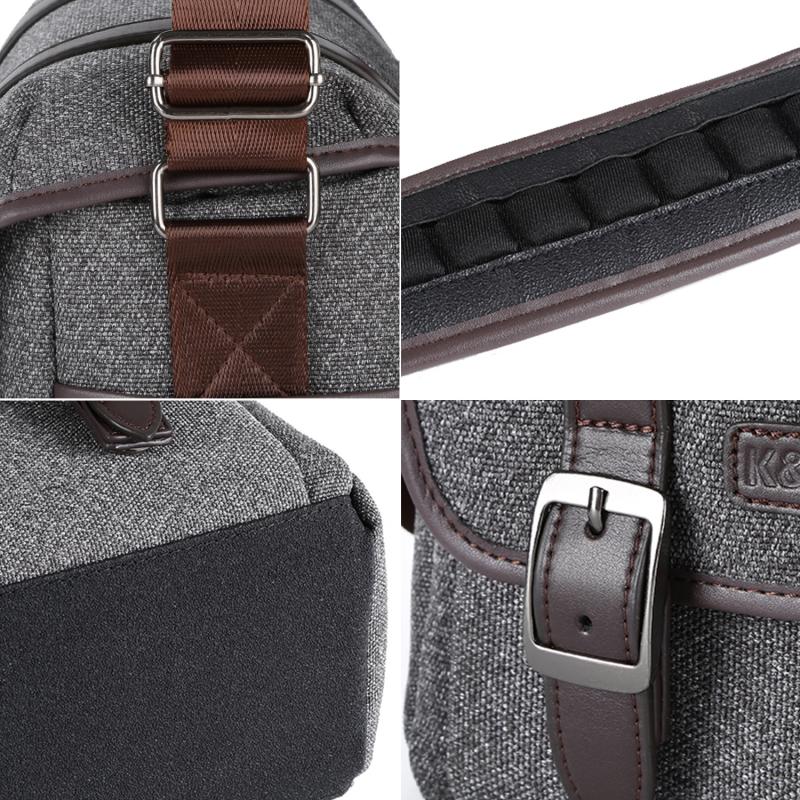
What camera to get is a question that depends on your specific needs and budget. However, one important factor to consider is the autofocus system and speed. A good autofocus system can make a huge difference in the quality of your photos, especially when shooting fast-moving subjects or in low light conditions.
The latest autofocus systems use advanced algorithms and sensors to track and focus on subjects quickly and accurately. Some cameras even have eye-tracking technology that can detect and focus on a subject's eyes, which is particularly useful for portrait photography.
In terms of speed, the latest cameras can shoot at incredibly fast frame rates, allowing you to capture multiple shots in quick succession. This is especially useful for sports or wildlife photography, where you need to capture a specific moment in time.
When considering autofocus and speed, it's important to also think about the type of photography you'll be doing. If you're a professional sports photographer, for example, you'll need a camera with a fast autofocus system and high frame rate. On the other hand, if you're a casual photographer who mainly takes portraits or landscapes, you may not need such advanced features.
Ultimately, the best camera for you will depend on your specific needs and budget. It's important to do your research and read reviews to find a camera that has the autofocus and speed capabilities that are important to you.

